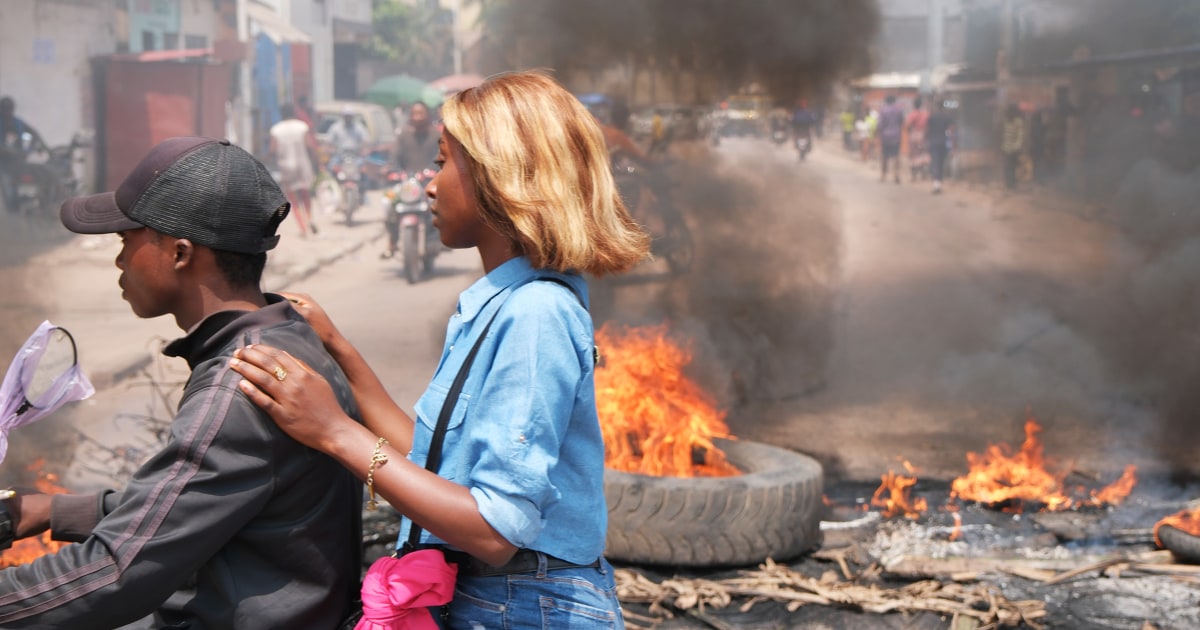
French Foreign Minister Jean-Noel Barrot met with Tshisekedi in Kinshasa, after the French Embassy, among others, was set on fire by demonstrators protesting against inaction by the international community.
President Donald Trump this week described the crisis as a “very serious problem,” while the State Department has advised U.S. citizens to evacuate, but the muted response from Western nations may create opportunities for the West’s competitors, such as China and Russia, for influence in the region.
“For the West, credibility is at stake,” said Nick Westcott, former director of the Royal African Society in Britain and currently a professor at the SOAS University of London.
What is M23?
The M23 is a rebel group that has been involved in the ongoing ethnic conflict in the region since its inception in 2012. The group is mostly made up of ethnic Tutsi who claim to be fighting for their minority group’s rights in the majority-ethnic Hutu country.
The group was primarily formed as a result of tension between the Tutsi-majority Rwanda and the DRC. In 1994, Hutu militias in Rwanda committed what was later ruled by the U.N. to be an ethnic genocide, with nearly 1 million mostly ethnic Tutsi slaughtered.
During and after the conflict, a group of ethnic Tutsi fled to eastern DRC, near the borders with Rwanda and Burundi, which is at risk of being drawn into the war. Peace agreements, including a landmark one signed March 23, 2009, have had mixed results. So while some Tutsi rebels were integrated into the Congolese army, others splintered off to form M23.
The U.N. has said in the past that M23 received military supplies and ammunition from the Rwandan military. Rwandan President Paul Kagame, a Tutsi former rebel general, has been accused of supporting M23. The group says that the Congolese government has not done enough to protect the ethnic Tutsi in the country, and Rwanda denies providing weapons to the militants.
What is China’s role?
While the vast region is economically poor, in recent years it has become overrun with dozens of armed militia groups — including one affiliated with the Islamic State terrorist group. Those different groups have competed to benefit from the trade of minerals essential to the global electronics supply chain that include coltan, tantalum, gold, copper and — perhaps most significantly — cobalt.

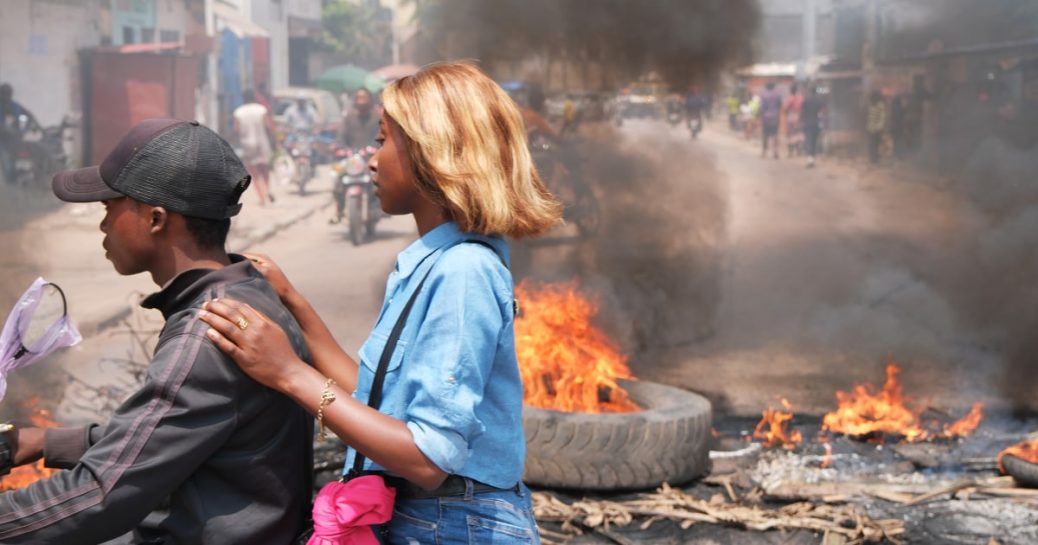
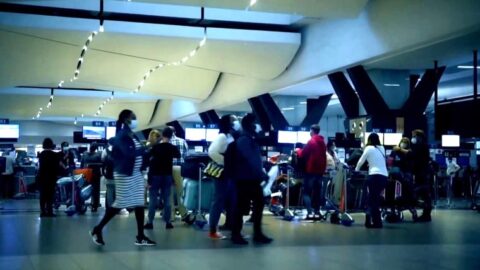
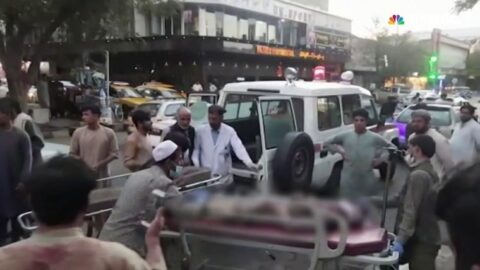
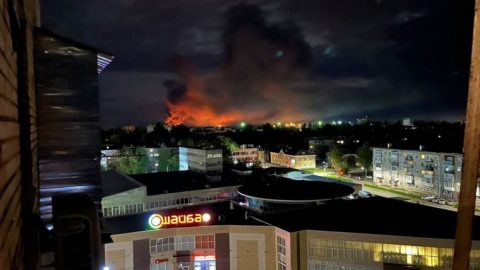
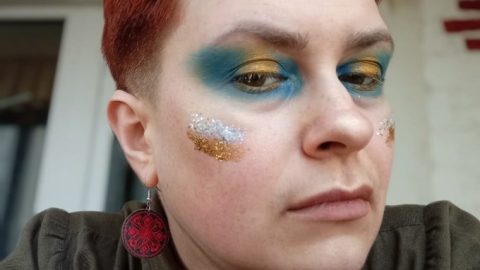
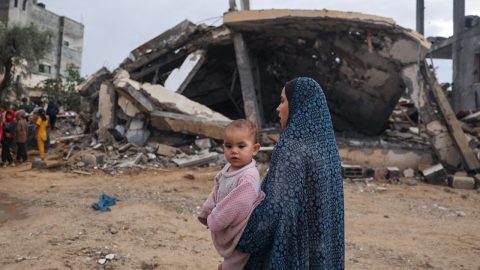
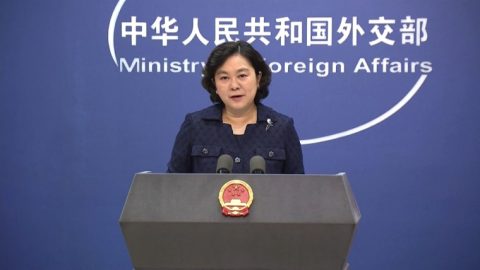
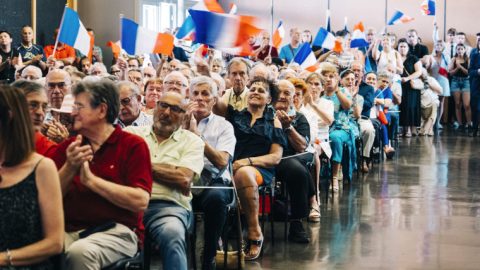
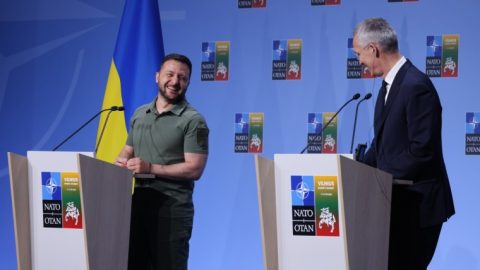
Recent Comments